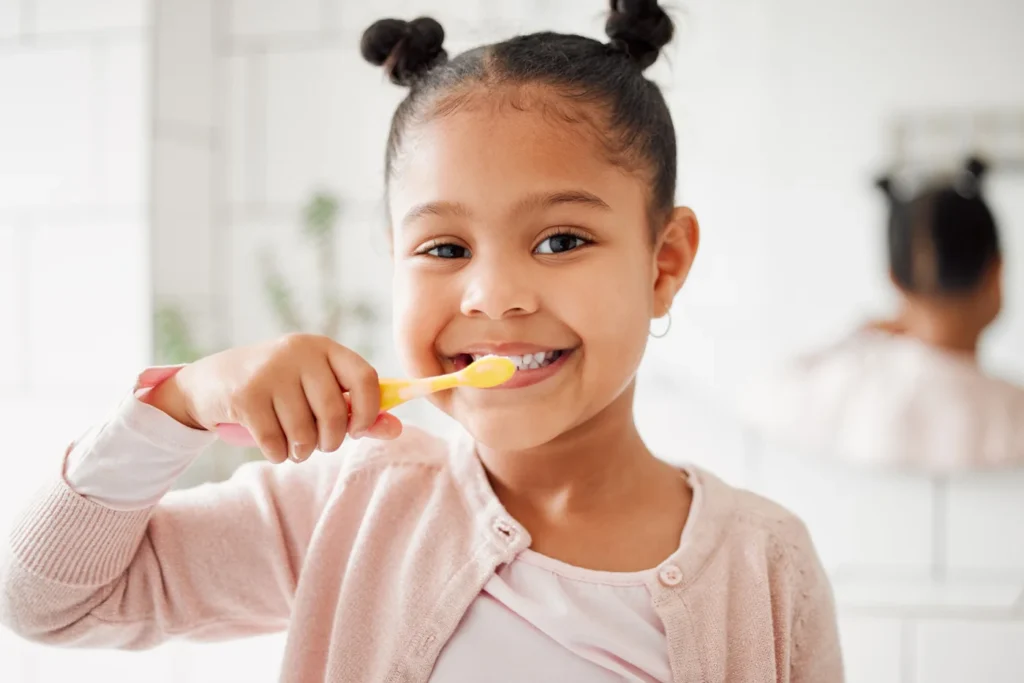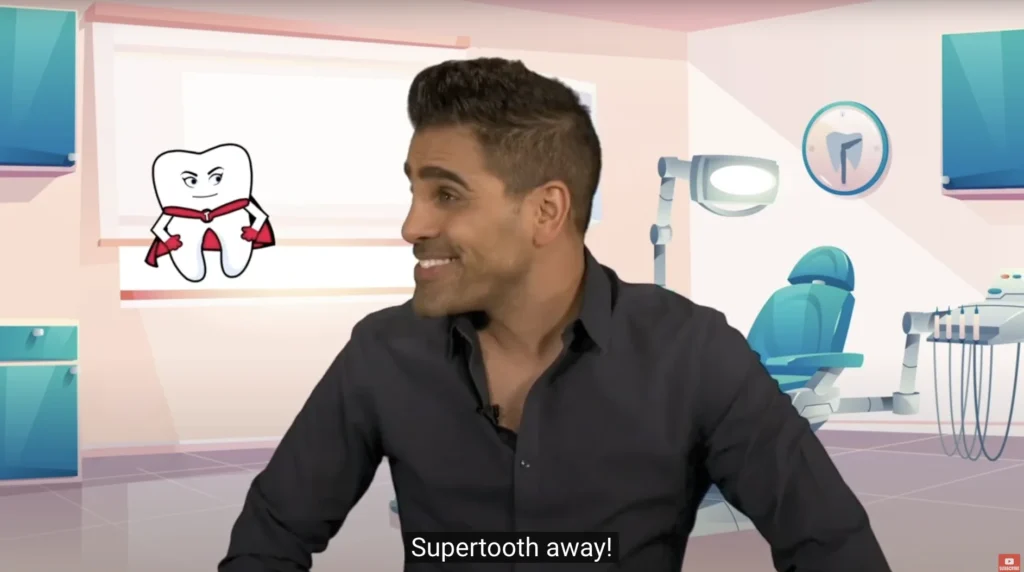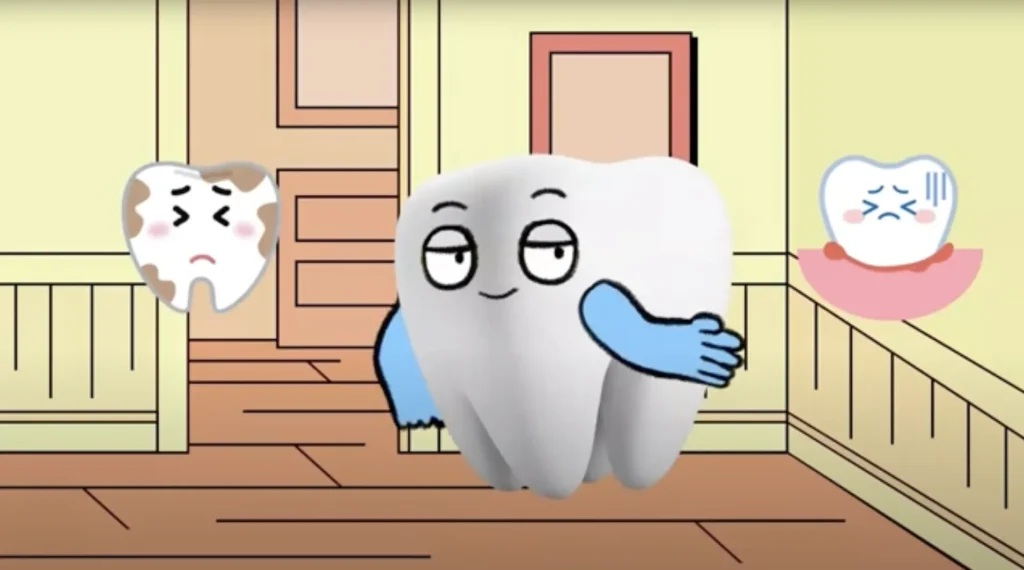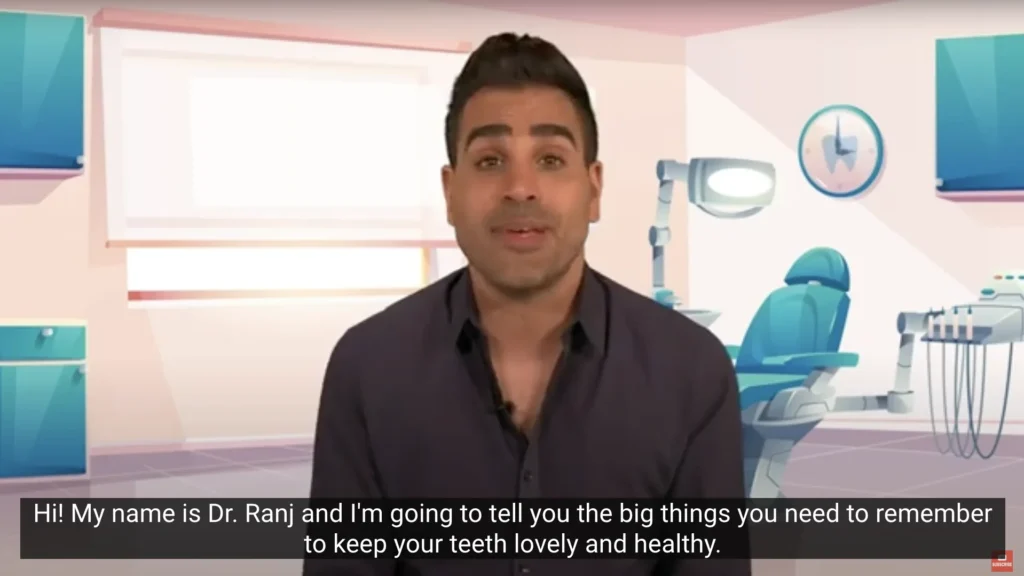Protecting children’s teeth


Protecting your child’s teeth begins with the first baby tooth. Using a mild, mint flavoured toothpaste can help your child adjust to toothbrushing. For the best results, help them brush twice a day, especially before bedtime, aiming for two minutes each time. Avoid rinsing after brushing to allow the fluoride to protect their teeth.
Choosing the right toothpaste
Using the correct fluoride level in toothpaste supports strong, cavity resistant teeth. Here’s a quick guide to fluoride levels for different ages:
0 – 3 years
Use toothpaste with at least 1000ppm fluoride, using an amount like a grain of rice.
3 – 6 years
Continue with 1000ppm fluoride, increasing to a pea-sized amount (if they can spit it out).
7 years and above
Opt for toothpaste with at least 1350ppm fluoride, using a pea-sized amount.
Tips to make toothbrushing fun and easy
If brushing feels challenging, here are some tips:
Brush together, letting your child start first, then you next
Brush a favourite toy’s teeth, like a teddy bear
Try a brushing song (like row, row, row your boat), ‘brush, brush, brush your teeth, brush them twice a day. Up and down and round and round, smile the day away’
If your child has additional needs or sensory sensitivities, you may want to try triple headed toothbrushes or unflavoured, non-foaming toothpaste
If brushing time is short, focus on areas you didn’t reach last time
Snack smarter to protect teeth
To reduce tooth decay, limit sugary snacks and drinks to mealtimes. For in between meals, you could introduce tooth friendly options like:
- breadsticks, crackers and cheese
- fresh fruits and vegetables
- hummus, milk and plain water.
Top tip: avoid using baby bottles and dummies after age one, it helps to protect your child’s developing teeth.


